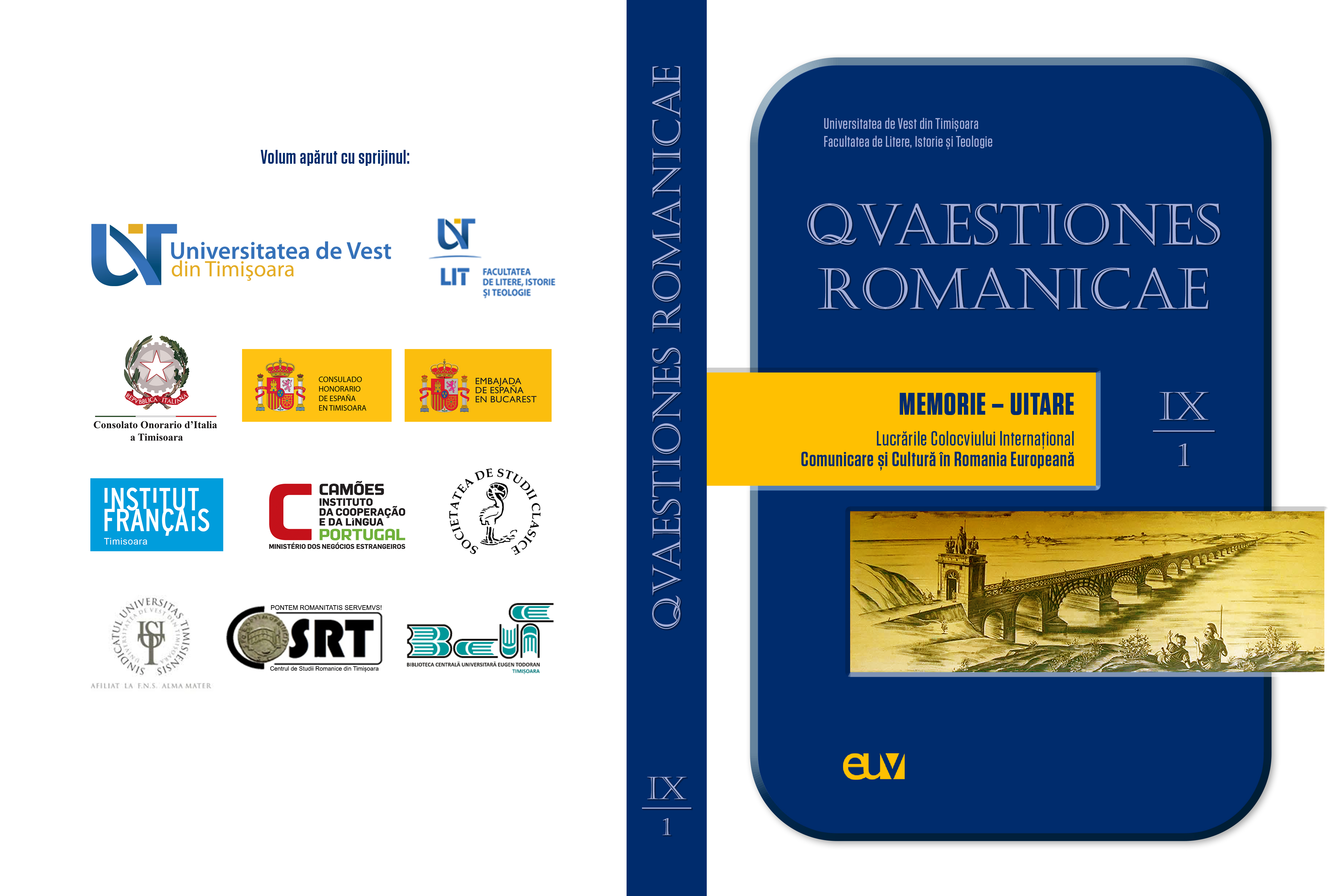Peut-on encore parler de « devoir d’oubli » ?
Can we still speak of a « duty to forget »?
Author(s): Sébastien LedouxSubject(s): Cultural history, History of ideas, Social history, Politics of History/Memory
Published by: Universitatea de Vest din Timişoara
Keywords: history; memory; forgetting; duty to remember;
Summary/Abstract: In his reflection on memory and forgetting, Paul Ricœur raised the question of "abuses of memory" by pointing out the perverse uses of the "duty to remember" through the frenzy of commemoration or the manipulation of memory. The philosopher thus defended a "duty to forget" that he considered necessary for the accomplishment of a "just memory". In our text, we propose to explore this notion of "duty to forget" throughout history. States have pursued policies of forgetting through amnesty/amnesia in order to reconsolidate society. From Antiquity ("damnatio memoriae"), to Modern Times (Edict of Nantes of 1598 on the Civil Wars of religion) and Contemporary Times (Amnesties after Algerian War in France, Spanish law of 1977 on Civil War), there is a political tradition of the duty to forget where forgetting is appreciated as a factor of social reparation. From the end of the 20th century, new discourses and practices denounce the forgetting of violent events as a factor of destruction of human communities. This new international status of oblivion is part of a new paradigm of the relationship between societies and their past, which situates the memorialization of violent pasts as an inescapable remedy for individual and collective disorders, and as the condition for the perpetuation of the human collectivity.
Journal: Quaestiones Romanicae
- Issue Year: IX/2021
- Issue No: 1
- Page Range: 47-55
- Page Count: 9
- Language: French

